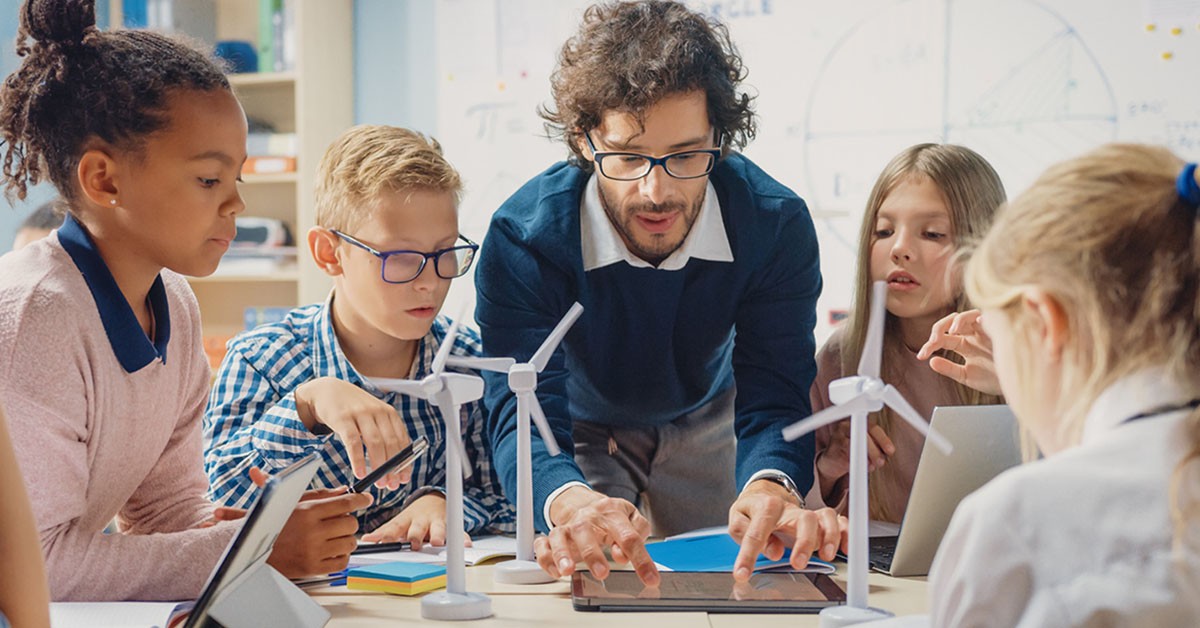Inclusive education is more than just a buzzword in today’s educational landscape; it is a philosophy that celebrates diversity and promotes equality in Pre school. Gone are the days when education was a one-size-fits-all approach. Inclusive education recognizes that every student, regardless of their background, abilities, or differences, deserves an equal opportunity to learn and thrive. In this blog, we will explore the importance of inclusive education and how it benefits not only students with disabilities but also enriches the entire school community.
Understanding Inclusive Education
Inclusive education is a holistic approach to teaching and learning that ensures all students, regardless of their abilities or characteristics, are actively engaged in a supportive, diverse, and respectful learning environment. It goes beyond the concept of mainstreaming or segregating students with disabilities into separate classrooms. Instead, it encourages the integration of students with diverse backgrounds and abilities into regular classrooms while providing necessary accommodations and support.
The Benefits of Inclusive Education
- Fosters a Culture of Acceptance: Inclusive education helps students embrace diversity from an early age. When students of different backgrounds and abilities learn together, they develop empathy, tolerance, and a broader perspective on life. This fosters a culture of acceptance, reducing the likelihood of bullying or discrimination.
- Personalized Learning: Inclusive education acknowledges that every student is unique and may require different teaching methods or accommodations. Teachers are encouraged to adapt their teaching strategies to meet individual student needs, creating a more personalized learning experience for all.
- Improved Academic Outcomes: Studies have shown that inclusive classrooms often lead to better academic outcomes for all students. Students with disabilities benefit from exposure to grade-level curriculum and peer role models, while their peers without disabilities learn valuable life skills, such as patience, empathy, and collaboration.
- Preparation for Real-World Diversity: Inclusive education prepares students for a world that is diverse and inclusive. By interacting with peers from various backgrounds and abilities, students are better equipped to navigate the real world, whether it be in the workplace or society at large.
- Enhanced Teacher Professional Development: Inclusive education challenges educators to continuously improve their teaching practices. Teachers become more skilled in differentiating instruction, managing diverse classrooms, and developing a deeper understanding of individual learning needs.
Challenges and Solutions
While inclusive education offers numerous benefits, it also presents challenges that need to be addressed:
- Lack of Resources: Schools may struggle to provide the necessary resources, such as special education support, assistive technology, or trained staff. Adequate funding and training are crucial to overcoming this challenge.
- Resistance to Change: Some educators and parents may resist the shift towards inclusive education due to misconceptions or concerns about classroom disruptions. To address this, schools can provide training and support to both teachers and parents.
- Diverse Needs: Every student has unique needs, and it can be challenging for teachers to cater to them all. Professional development and collaboration among teachers can help address this issue.
- Social Stigma: Students with disabilities may still face social stigma or exclusion in inclusive settings. Promoting a culture of acceptance and understanding within the school community is essential.
Conclusion
Inclusive education is not just a philosophy; it is a commitment to celebrating diversity and promoting equality in schools. When students of all backgrounds and abilities learn together in an inclusive environment, they not only benefit academically but also gain valuable life skills and become more empathetic, accepting individuals. Inclusive education is not without its challenges, but with the right resources, support, and a collective dedication to inclusion, schools can create a brighter future for all students, regardless of their differences. It is time to celebrate diversity in education and embrace the transformative power of inclusive classrooms.
